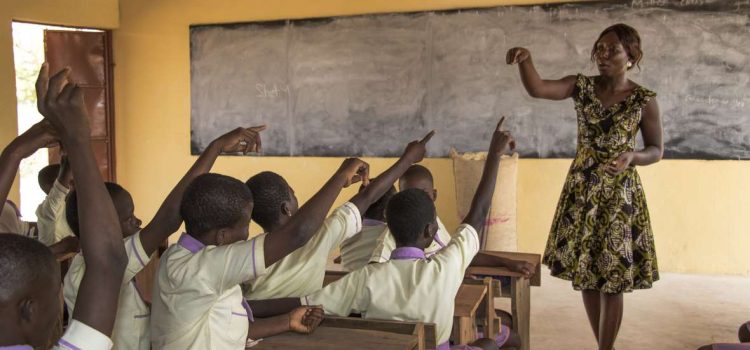Early Childhood Education (ECE) plays a crucial role in laying the foundation for a child’s lifelong learning journey. In Ghana, however, there are significant challenges that hinder the optimal development of early childhood education. Addressing these challenges is essential for ensuring that every child has access to quality education from the very beginning.
- Limited Infrastructure: One of the primary challenges facing ECE in Ghana is the inadequate infrastructure. Many early childhood education centers lack proper classrooms, sanitation facilities, and play areas, hindering the creation of a conducive learning environment for young children.
- Insufficient Trained Educators: The shortage of well-trained and qualified early childhood educators is another critical issue. The importance of skilled teachers in shaping a child’s early learning experiences cannot be overstated, and Ghana faces a shortage of educators equipped to provide quality ECE.
- Inadequate Learning Resources: Many ECE centers in Ghana struggle with a lack of essential teaching and learning resources. From age-appropriate books to educational toys, the absence of these materials hampers the effectiveness of early childhood education programs.
- Limited Access to ECE: Access to quality ECE is not uniform across different regions of Ghana. Rural areas often face greater challenges in providing early childhood education opportunities, contributing to educational disparities between urban and rural communities.
- Socio-Economic Barriers: Socio-economic factors also pose challenges to early childhood education in Ghana. Families facing economic hardships may not prioritize early education, leading to lower enrollment rates and reduced participation in ECE programs.
- Policy Implementation Gaps: Although Ghana has policies in place to support early childhood education, the effective implementation of these policies remains a challenge. There are gaps in monitoring, evaluation, and enforcement, impacting the overall quality and accessibility of ECE.
Conclusion:
Addressing the challenges facing early childhood education in Ghana requires a comprehensive and collaborative effort. Investments in infrastructure, training for educators, provision of learning resources, and targeted policies can contribute to overcoming these hurdles. Ensuring quality ECE is not only an investment in the future of individual children but also in the development of the nation as a whole.
